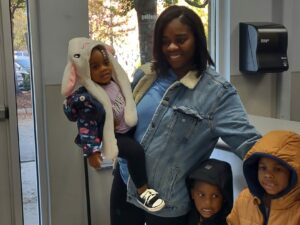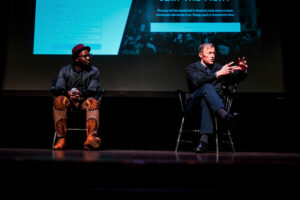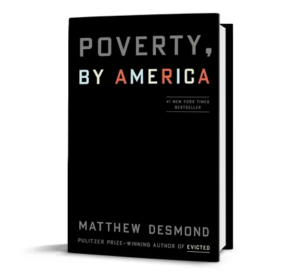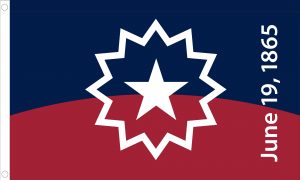TRANSLATE THIS PAGE
Economic Mobility Program Referral
The Economic Mobility Program helps individuals experiencing a housing crisis move toward financial stability. Participants work closely with Economic Mobility Specialists on a weekly basis for up to 90 days and are empowered to set goals that enhance their economic mobility. Topics covered may include landlord mediation, financial empowerment, community resources, life skills coaching and more.
To be eligible for the program, participants must:
- Reside in Mecklenburg County
- Have some income
- Be struggling with affordable housing but currently either rent or own a home (no hotel/motel residents)
To refer someone to the Economic Mobility Program, please complete this short form. After the referral has been received, an Economic Mobility Specialist may follow up with you and/or the customer for more information.
Economic Mobility Stories
Charlotte’s Six-Figure Salary Requirement
Charlotte, North Carolina, has become a place where a comfortable life requires a six-figure salary, according to a recent study from SmartAsset. The study’s authors used a 50/30/20 model for their calculations, in which no more than 50% of a household’s income is allocated for essentials such as housing, transportation, and groceries, 30% for “fun” things such as hobbies and entertainment, and 20% for savings, investments, and paying off debt.
Can We Really Abolish Poverty?
For Pulitzer Prize-winning author and sociologist Matthew Desmond, the answer is YES!
During his recent visit to Charlotte-Mecklenburg, Desmond brought both data and passion to the discussion of why America is one of the richest nations on earth, yet has “more poverty than any other advanced democracy.”
Will Medicaid Expansion Help Mecklenburg?
This long-awaited move by North Carolina will provide welcome relief to many low-wage earners who often are not offered health insurance through their employers. Considering the struggles of working families here in Mecklenburg County, there are certainly thousands who will benefit from Medicaid expansion in our own community. Based on evidence from other states, it’s likely all of us will reap the benefits of improved community health, lower eviction rates, and a stronger safety net for our neighbors.
“Poverty, By America”: New Book Asks the Hard Questions
Does poverty exist because we want it to? In his new book, “POVERTY, BY AMERICA,” Matthew Desmond asks this and other provocative questions about persistent poverty in our land of plenty.
On Juneteenth, Equity, Equality, and Freedom
Juneteenth marks a celebration of freedom—at least in the legal sense of the word. But it also evokes several bitter truths surrounding emancipation and its legacy. We see the ripples of that legacy here every day as we work to help our neighbors whose struggles are made more difficult by the social and systemic legacies of chattel slavery in the United States.
As we reflect on a historic moment in time, we can’t overlook the centuries of disenfranchisement that have followed legal emancipation and consider whether true freedom, equity, and equality have yet to arrive for many of our fellow citizens.
Black History Month: Resisting the Status Quo
The theme for Black History Month 2023 is “Resistance”, a single word that encompasses so much. Through the centuries, a long line of brave and committed Black Americans have battled injustice, some on the public stage and others behind the scenes. But for every high-profile or large-scale act of resistance, countless others go unnoticed. At Crisis Assistance Ministry, every day, we see brave and committed Black Charlotteans struggling to resist the forces of an unjust society right here in Mecklenburg County.
This Experience Will Make You Rethink Poverty
Participation in a poverty simulation: fast moving, immersive, stressful, real. Everything that can go wrong WILL go wrong. But you will be left thinking.










